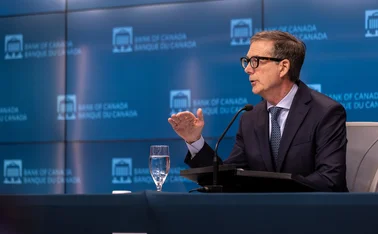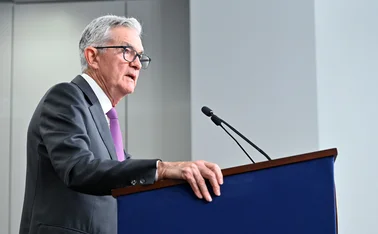
Chinese policy-makers warm to PBoC bond trading
PBoC’s trading of government bonds will be different from QE, central bank official says

China’s finance ministry said it backs plans for the People’s Bank of China (PBoC) to increase its trading of government bonds through open market operations, in order to “enrich the monetary policy toolbox”.
In an article published by the official People’s Daily on April 23, the finance ministry called for better co-ordination between fiscal and monetary policy, and improvements in the mechanisms for injecting base money and adjusting money supply.
The ministry’s call echoed a remark by Chinese
Only users who have a paid subscription or are part of a corporate subscription are able to print or copy content.
To access these options, along with all other subscription benefits, please contact info@centralbanking.com or view our subscription options here: subscriptions.centralbanking.com/subscribe
You are currently unable to print this content. Please contact info@centralbanking.com to find out more.
You are currently unable to copy this content. Please contact info@centralbanking.com to find out more.
Copyright Infopro Digital Limited. All rights reserved.
As outlined in our terms and conditions, https://www.infopro-digital.com/terms-and-conditions/subscriptions/ (point 2.4), printing is limited to a single copy.
If you would like to purchase additional rights please email info@centralbanking.com test test test
Copyright Infopro Digital Limited. All rights reserved.
You may share this content using our article tools. As outlined in our terms and conditions, https://www.infopro-digital.com/terms-and-conditions/subscriptions/ (clause 2.4), an Authorised User may only make one copy of the materials for their own personal use. You must also comply with the restrictions in clause 2.5.
If you would like to purchase additional rights please email info@centralbanking.com test test test







